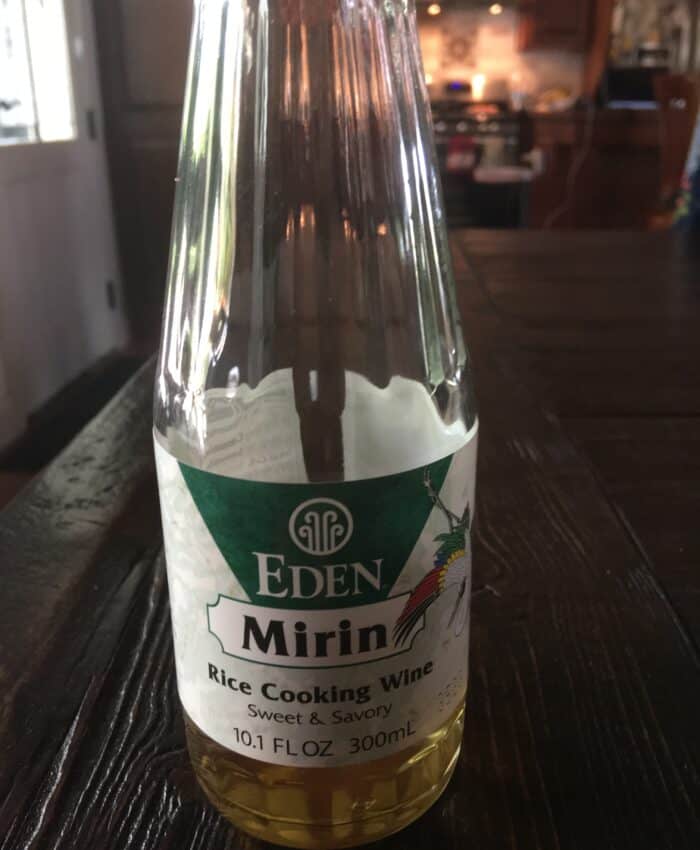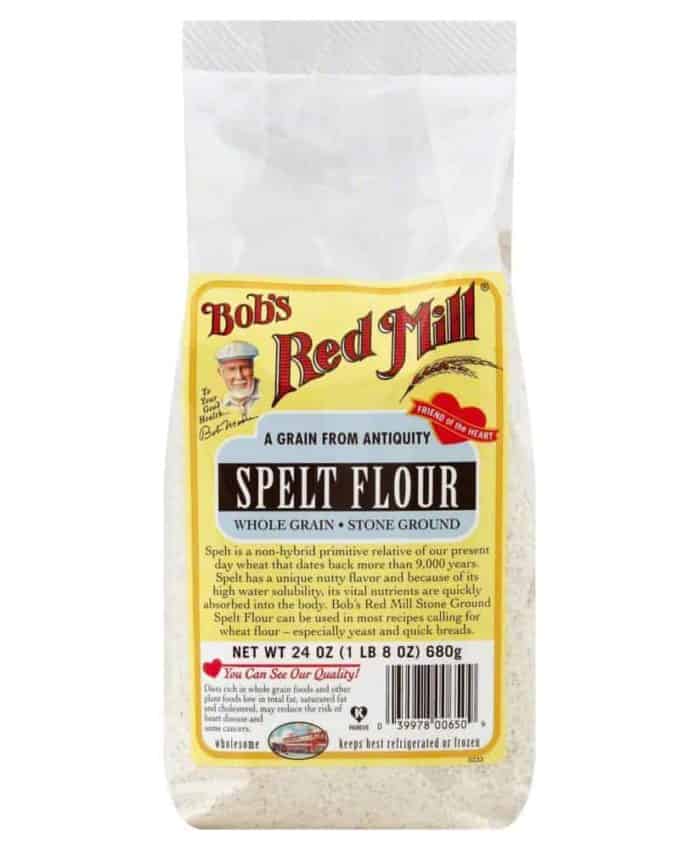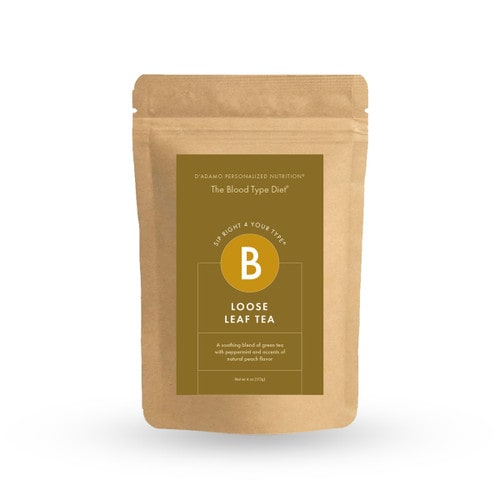Blood Type B shows the most clearly defined geographic distribution, stretching as a great belt across the Eurasian plains, and down to the Indian subcontinent. Type B is found in increased numbers from Japan, Mongolia, China, and India up to the Ural mountains. From there westward, the percentages fall until a low is reached at the western tip of Europe. The small numbers of Type B in Western Europeans represents western migration by Asian nomadic peoples. This is best seen in the easternmost western Europeans, the Germans and Austrians, who have an unexpectedly high incidence of type B blood compared to their western neighbors. The northern Chinese, and Koreans have very high rates of Type B blood and very low rates of Type A.
As a type B you carry the genetic potential for great malleability and the ability to thrive in changeable conditions. Your position is fluid, rather than stationary. They can balance the two poles of the animal and vegetable kingdom though it is challenging. and when they slip out of balance, they produce higher than normal cortisol levels in situations to stress. Their sensitivity to the B specific lectins in select foods, can result in inflammation, and greater risk for developing Syndrome X; susceptibility to slow growing, lingering viruses- such as those responsible for MS, CFS, lupus, and a vulnerability to auto immune diseases. If they stay healthy, they tend to have fewer risk factors for disease, and tend to be more physically fit and mentally balanced than any of the other blood types. They are also statistically the tallest of the blood types.
Type B’s biggest factors in weight gain are corn, wheat, buckwheat, lentils, tomatoes, peanuts, and sesame seeds. Chicken has a powerful agglutinating lectin that attacts your bloodstream and the potential for it to lead to strokes and immune disorders is high. We suggest that you wean yourself away from chicken. Turkey is a great and healthful alternative.




































